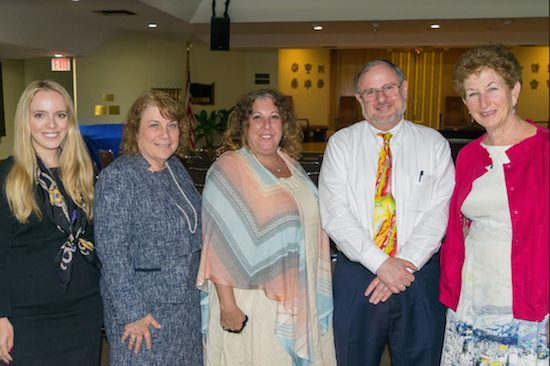Prof. Broyde discusses marriage, divorce and the Jewish tradition at Brandeis Society event

The Brooklyn Brandeis Society and Congregation Mount Sinai held a discussion with professor Michael J. Broyde titled “When Things Fall Apart at Home: Marriage, Divorce and Child Custody in the Jewish Tradition” in Brooklyn Heights on Thursday.
Approximately two dozen judges, lawyers and congregants attended the lecture, which included discussions with judges Hon. Katherine Levine, Hon. Ellen Spodek and Aimee Richter, the immediate past president of the Brooklyn Bar Association.
Broyde is a professor of law at Emory University in Georgia whose areas of expertise include Jewish law, family law, law and religion, alternative dispute resolution and bankruptcy. He is a senior fellow at the Center for the Study of Law and Religion at Emory.

Brooklyn Boro
View MoreNew York City’s most populous borough, Brooklyn, is home to nearly 2.6 million residents. If Brooklyn were an independent city it would be the fourth largest city in the United States. While Brooklyn has become the epitome of ‘cool and hip’ in recent years, for those that were born here, raised families here and improved communities over the years, Brooklyn has never been ‘uncool’.